Between January 2021 and July 2022, Watura, in partnership with Seureca, participated in a technical and educational assistance mission for the Al-Jazari Water Academy (AJWA). This institution is the leading professional training organization in water and sanitation in Pakistan, located in Lahore, in the eastern part of the country.
AJWA primarily targets its training programs at Water and Sanitation Agencies (WASAs), which are responsible for water treatment and distribution in the Punjab region, particularly in five major cities: Lahore, Gujranwala, Rawalpindi, Multan, and Faisalabad.
Funded by the French Development Agency and supported by AgroParisTech, the project aimed to train new recruits from the WASAs and enhance the skills of current employees, focusing on specific issues faced in the region and more broadly across the country.


Sommaire
1.The Punjab region faces numerous challenges to improve water management
2. Watura’s support in partnership with Seureca for AJWA
3. #1 Focus on E-learning content
4. #2 Focus on the immersion phase for technical trainers
5. #3 Focus on trainer training in pedagogy
6. #4 Focus on the moodle platform
The Punjab region faces numerous challenges to improve water management
A technical study revealed various issues faced by the Water and Sanitation Agencies or WASAs:
- Water and sanitation rates are relatively low, with a fixed tariff mostly applied. Consequently, WASAs operate at a deficit, leading to budget shortfalls for operations, rehabilitation of existing facilities, and creation of new infrastructures.
- Operations and maintenance are insufficient, and some infrastructures (pipes, pumps, etc.) are outdated.
- Water quality is not regularly analyzed.
- There are only a few surface water treatment plants; water is mainly distributed directly from boreholes. This leads to several difficulties:
- Depletion of groundwater resources, which struggle to recharge,
- Increased energy consumption,
- Difficulty maintaining constant pressure, resulting in interruptions in supply to consumers.
- A large portion of wastewater is not treated before being released into the environment, leading to disastrous effects on public health and the preservation of natural environments in Punjab and Pakistan.
Watura's support in partnership with Seureca for AJWA
In light of these challenges, the project’s various missions included:

Creation of e-learning content focused on energy optimization and asset management in the form of video capsules.

Three weeks of in-class immersion and technical coaching for six AJWA trainers

Three weeks of in-class immersion and technical coaching for six AJWA trainers.

Development and deployment of a Moodle platform to host the training content created under the project.
#1 Focus on E-learning content
To address issues related to energy optimization and improving water resource quality, the training programs created covered topics such as the ISO 50 001 standard, energy consumption at pumping sites and treatment stations, implementation of energy audits, and technological innovations aimed at optimizing treatment processes and pumping stations.
Find our training on pumping and energy optimization on the Watura platform.
Regarding asset management for water and sanitation infrastructure, the training addressed the ISO 55 000 standard, general principles of asset management (data collection, maintenance, information management, inventory management), and the establishment of an asset management system to improve asset performance and renewal.
Find our training on asset management on the Watura platform.
#2 Focus on the immersion phase for technical trainers
Following the creation of e-learning content, the immersion phase aimed to enhance the technical skills of AJWA trainers in the two technical topics. Six experienced trainers in energy optimization and asset management were selected for intensive coaching:
- 10 weeks of distance training;
- 1 week of in-person classes at Seureca’s offices in Paris;
- 2 weeks of site visits in France and the United Arab Emirates.
The expert delegation visited the Angers region, France, to tour three drinking water production plants and learn about surface water treatment (Martinière plant in Sablé-Sur-Sarthe, France) and groundwater treatment (St Maur plant in Thoureil and Ile Ragot plant in Montjean sur Loire, France). These visits also provided opportunities to conduct energy audits on various pumps and drinking water production facilities. The week in France concluded with a presentation on the asset management approach implemented at the Valenton plant, one of Europe’s largest wastewater treatment facilities, located east of Paris, with a treatment capacity of 600,000 m³ of wastewater per day.



The second week of visits continued in the United Arab Emirates, where two wastewater treatment plants were visited: Al Wathba 2 in Abu Dhabi and the Moalajah plant in Ajman. The goal of these visits was to explore wastewater, sludge, and odor treatment processes and to study asset management tools deployed at these sites. During this week, experts also visited Enova to test measurement and analysis techniques for energy consumption. Enova, a subsidiary of Veolia based in Dubai, specializes in energy efficiency for buildings and infrastructures.


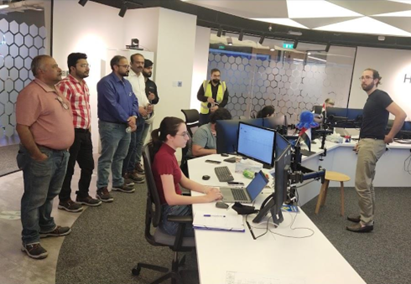
A final coaching phase synthesized all the knowledge covered during the program and evaluated the outcomes at the conclusion of the training.
#3 Focus on trainer training in pedagogy
The objective of this mission was to offer a tailored training program focused on pedagogy for AJWA trainers. Following a thorough assessment of the participants’ levels (pre-assessment questionnaire and individual interviews), our pedagogical experts developed a 40-hour online training program centered on best practices in pedagogy, digital training design, and facilitation to foster a blended learning culture within the academy. The program for AJWA was based on a practical approach and simulations, delivered at a pace of two sessions per week over slightly more than two months. This small group coaching format helped trainers better understand a new training project by analyzing the audience, designing appropriate paths, selecting suitable activities, and employing effective strategies, particularly using simple yet efficient e-learning tools.
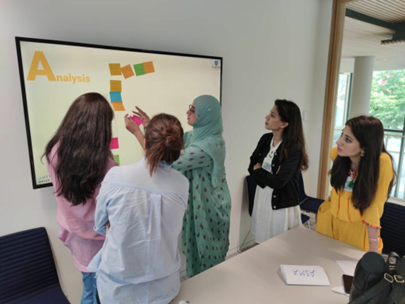
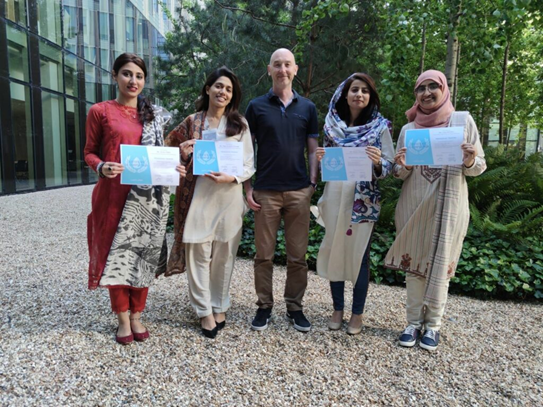
Four trainers specialized in pedagogical engineering joined the in-person training program in France to deepen their understanding of the tools and methods discussed during the online training.
#4 Focus on the moodle platform
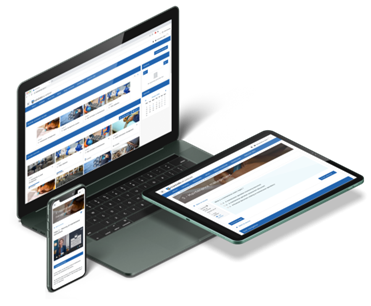
Once the 160 video capsules and all associated educational resources were finalized, a Moodle training platform was specifically designed to host all educational content and make it available to future learners.
Moodle is an open-source learning management system (LMS) that allows trainers to create training materials and engaging activities and securely provide them to learners. Only individuals with validated registrations can access the courses. Additionally, Moodle offers tools for tracking and evaluating learners, enabling trainers to monitor learners’ progress throughout their training journey.
As part of the project, the design of the Moodle platform also included the provision of BigBlueButton: an online conferencing system that allows courses to be delivered as virtual classes.
A training program was specifically developed according to AJWA’s needs to facilitate the transfer and deployment of the Moodle platform within the academy. Three types of profiles were trained: IT staff to ensure long-term platform maintenance, the pedagogical team responsible for administering and managing training logistics, and trainers who will deliver their courses through this platform.
By Thomas Gelez and Amandine Zalc.

![[AJWA / Watura] Retrospective on the project with the Al-Jazari Water Academy (Pakistan)](https://www.watura.fr/wp-content/uploads/2022/09/hydrogéologie-8-1.jpeg)
